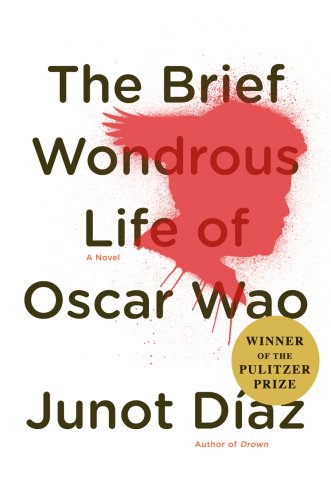
When I read
The Glass Castle a few years back, I was sucked into a world so unbelievable and riveting I had to cancel all my goings-on and close myself into the bedroom until every last page was turned. And when I have that kind of connection to a piece of writing, to a story, it can sometimes make me reluctant to read other works by the same pen--for fear she can't possibly do that again and I wouldn't want to ruin her high literary standing in my internal critic's shop.
That being said, Half Broke Horses is brilliant. It's the life story of Lily Casey, Walls' maternal grandmother, told in first person the way only Walls can tell a life story: in short yet voluminous vignettes. Lily Casey was a woman not always dealt the best hand in life, but who always knew how to bluff her way to victory or to work her way out of a debt. She was fiercely ambitious, which often led to disappointment, but she always had a plan for what to do next. This is the kind of story you want to tell your daughter, whom you believe will be the first female president of the United States, to remind her that it's OK to want everything in this world.
I grew up with a fiercely strong and independent mother whose voracious belief that I would one day be the president was not to be extinguished. She also believed I would be a doctor and a lawyer; a teacher and a graphic designer; a famous artist and a famous writer. I'll never forget the Christmas of my 6th grade year. I was going through a phase where my dreams included Harvard Law School and my mom found a Harvard sweatshirt at the local department store. When I opened it Christmas morning she relayed the story of its purchase and the conversation she had with the clerk about her daughter who was going to be going to Harvard. "Wow! Congratulation, that is quite an accomplishment!" the clerk exclaimed, "What will she be studying?" "She thinks law," my mom replied, "but she may change her mind by the time she gets there."
This overwhelming belief that I was rocket-scientist material made me the dreamer I am today. It gave me confidence through adolescence and college--something a lot of women don't encounter until later and then, to some, it is fleeting. Even now, as a 31-year-old, there have been times I've overheard my mother boasting to another relative about some accomplishment of mine the way I might describe my own son's first steps or how he is surprisingly verbose for three. She is a great teacher of many things (hard work, follow-through, and weed-pulling to name a few), but the two most important lessons she has taught me in my life are how to believe in myself unwaveringly and how to believe in others the same.
Lily Casey was a believer and a dreamer. I like to think, if asked about the aspirations of her granddaughter she would have replied, "She will probably be one of the most profound memoirists of her time. That or the president of the United States."
"Anyone who thinks he's too small to make a difference has never been bit by a mosquito."--Lily Casey Smith
 Charlotte Bronte wrote: "Whether it is right or advisable to create beings like Heathcliff, I don't know. I scarcely think it is."
Charlotte Bronte wrote: "Whether it is right or advisable to create beings like Heathcliff, I don't know. I scarcely think it is." 











